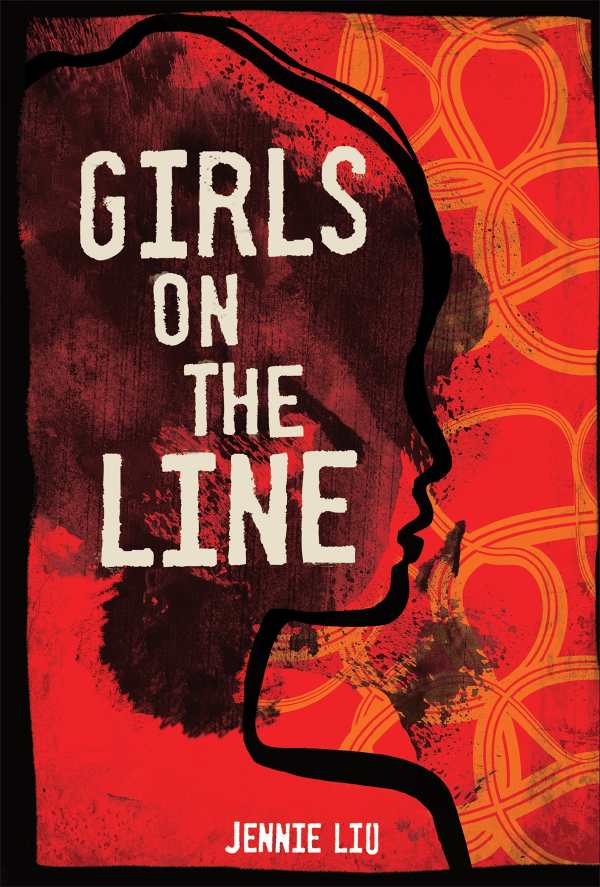Girls on the Line
Jennie Liu’s Girls on the Line is a gut-wrenching story of sisterhood and perseverance.
Early 2000s China, in the throes of family planning policies and massive industrialization, isn’t kind to orphaned girls like Luli and Yun, who are trapped in a system that controls their bodies politically, physically, and economically. Still, theirs are extraordinary lives.
As children, Luli and Yun band together. Life is debilitating in their orphanage, but their friendship lasts even when they age out of the government childcare system. They find work at an electronics factory doing tiring, daylong work. Eking out this hard living rewards them with independence and some modicum of comfort … until Yun discovers that she’s pregnant.
China’s laws prohibit unwed girls from giving birth, so Yun has only one true option: abortion. But before she can make any decisions, she vanishes. Luli struggles to find her friend before it is too late, concerned that she might have gotten into trouble with the boy who got her pregnant: a bride trafficker, Yong.
Told in alternating points of view, the book’s language is clear and emotive. Yun and Luli are deep and complex. The sheer exploitation that they must endure at the hands of traffickers, factory bosses, and government regulations is brutal, but their sometimes rocky relationship offers a glimmer of hope and sisterhood in the midst of trauma.
The Chinese setting is established seamlessly; the nation’s laws, social mores, and other nuances come through. Rife with tension, interweaving threads, and moving and startling moments, the story captivates and speaks to a political situation that still struggles with the aftermath of regulatory policies.
Both poignant and agonizing, Girls on the Line is a must read.
Reviewed by
Mya Alexice
Disclosure: This article is not an endorsement, but a review. The publisher of this book provided free copies of the book to have their book reviewed by a professional reviewer. No fee was paid by the publisher for this review. Foreword Reviews only recommends books that we love. Foreword Magazine, Inc. is disclosing this in accordance with the Federal Trade Commission’s 16 CFR, Part 255.

